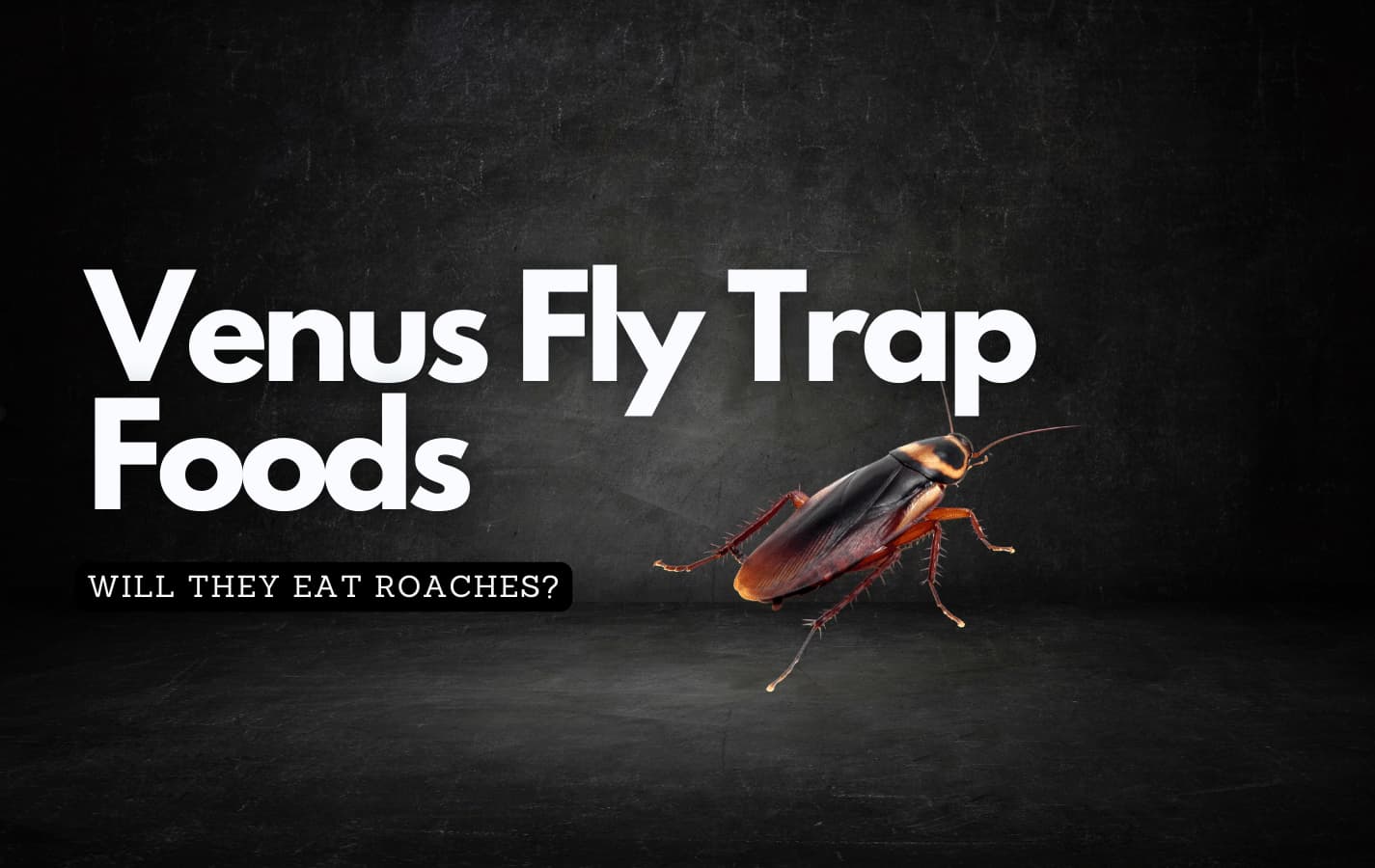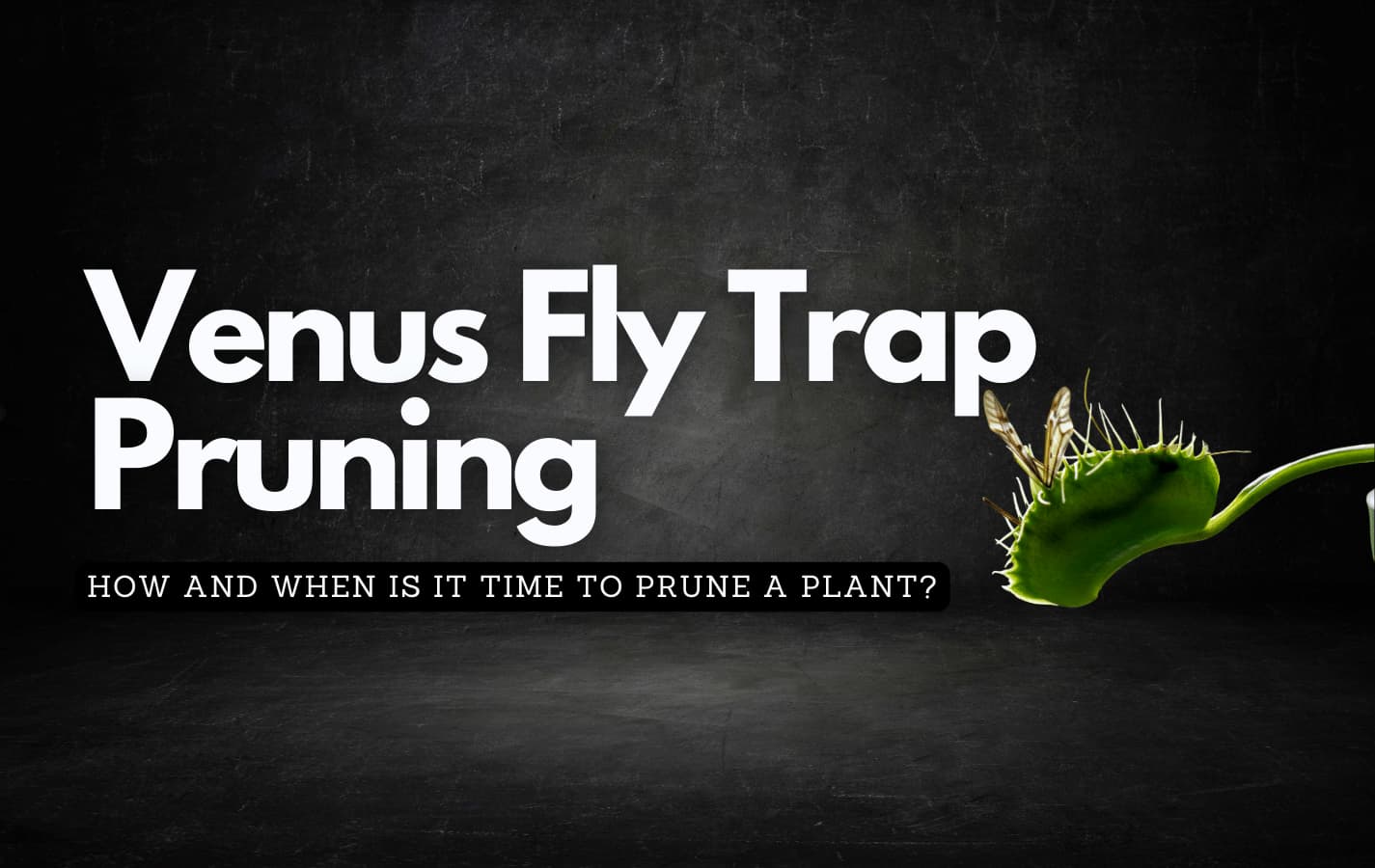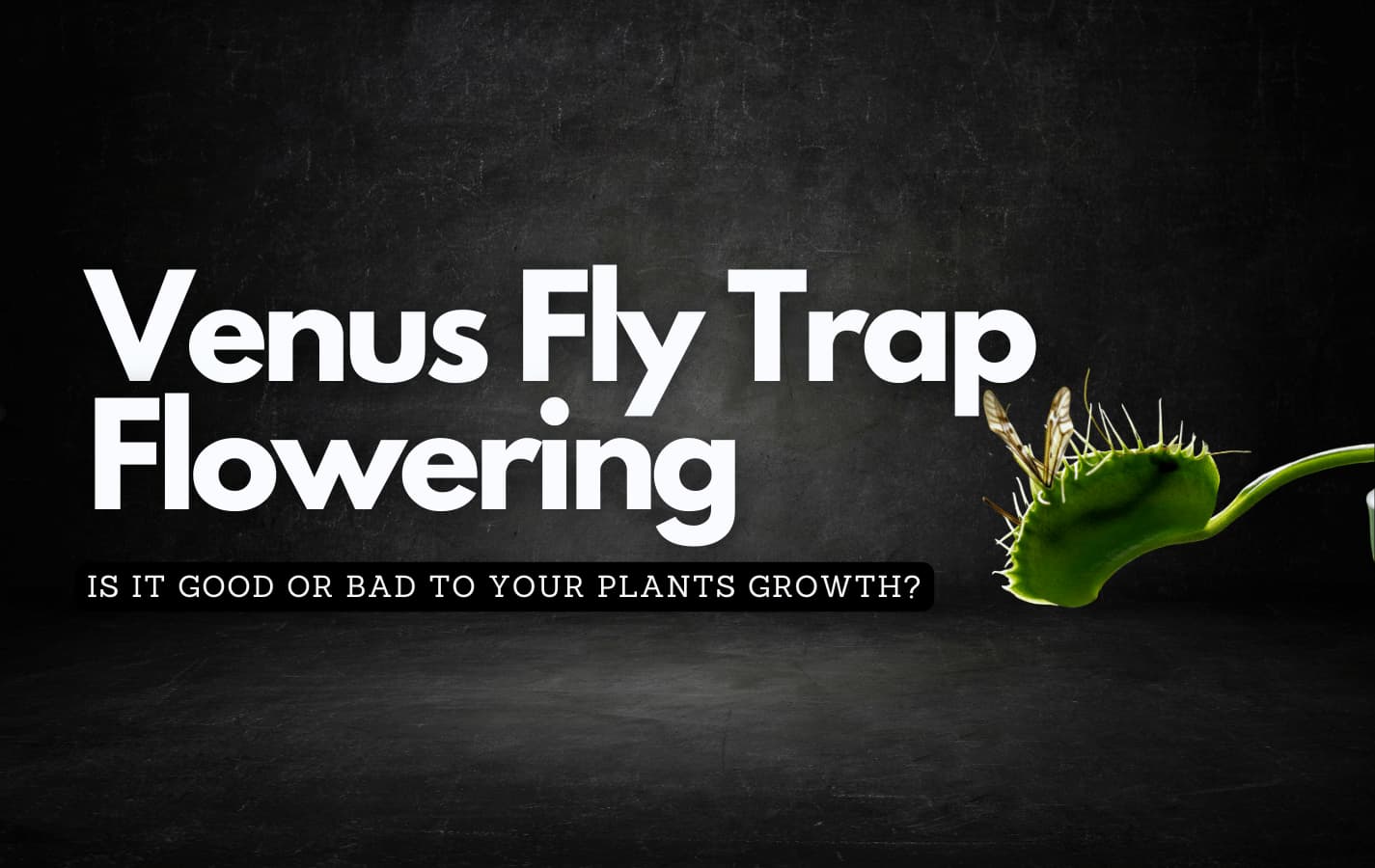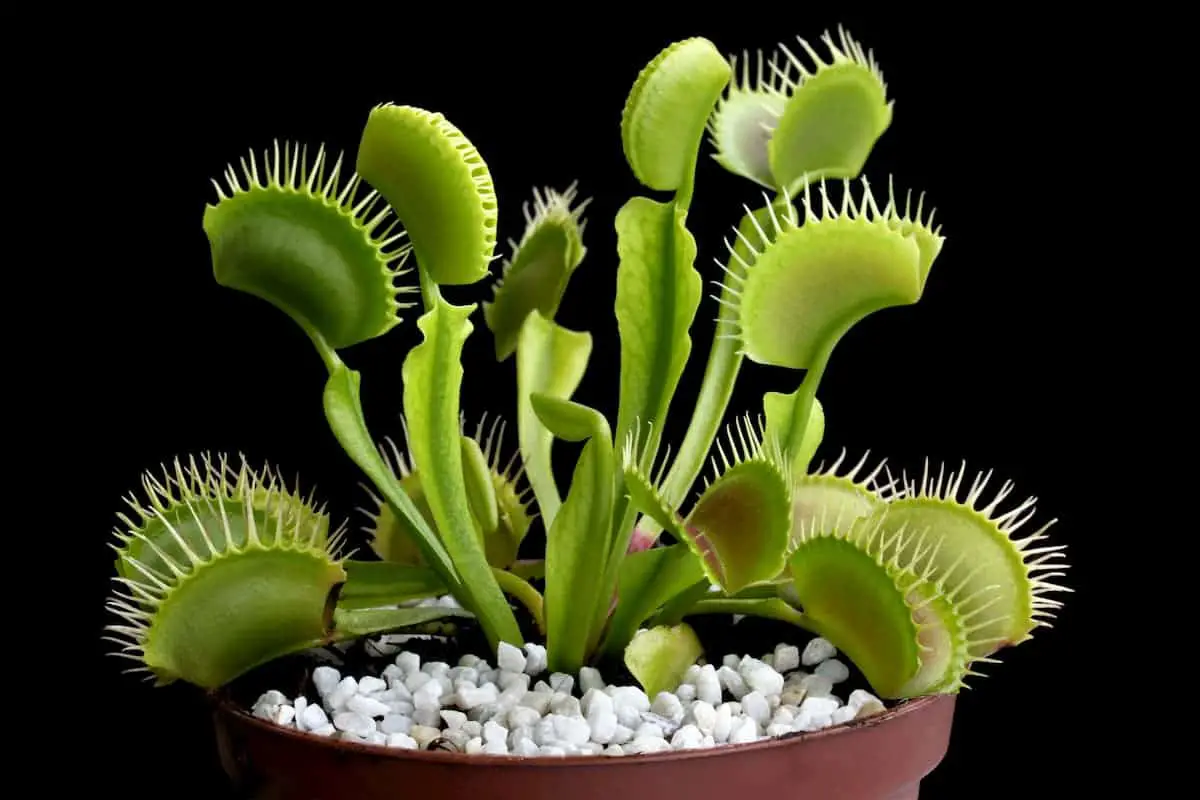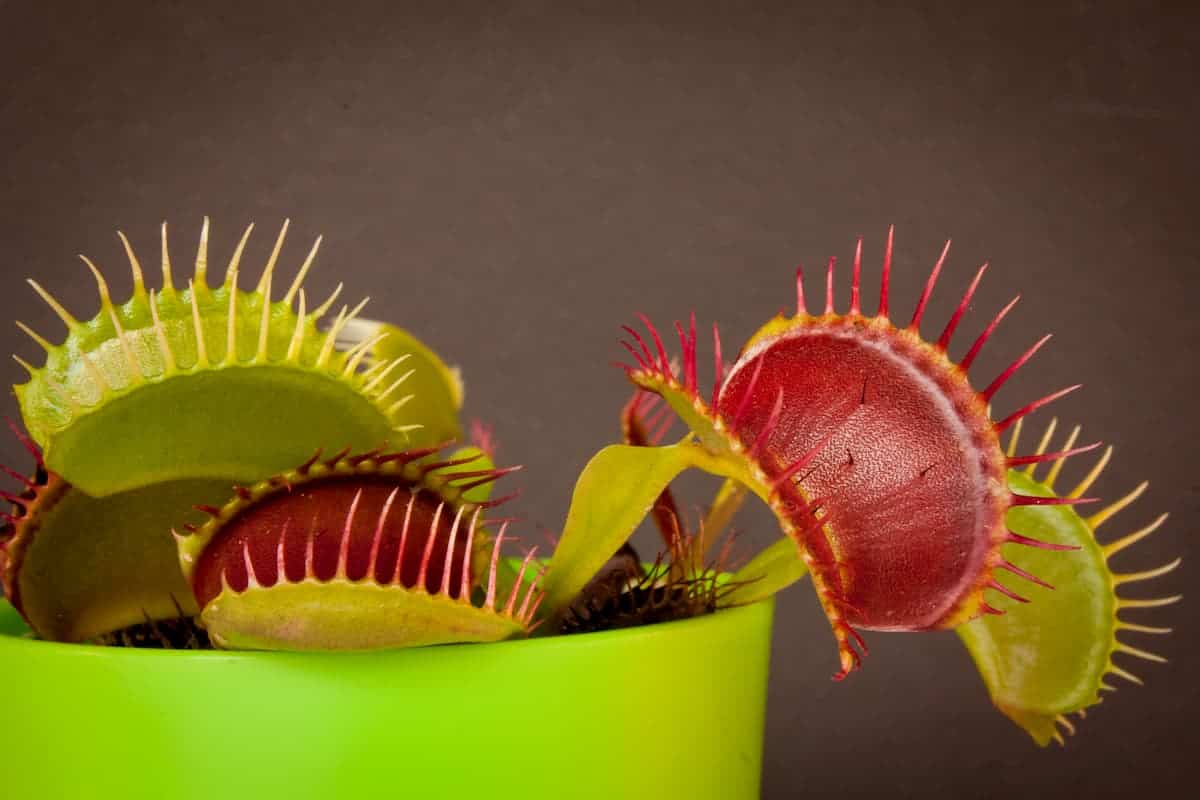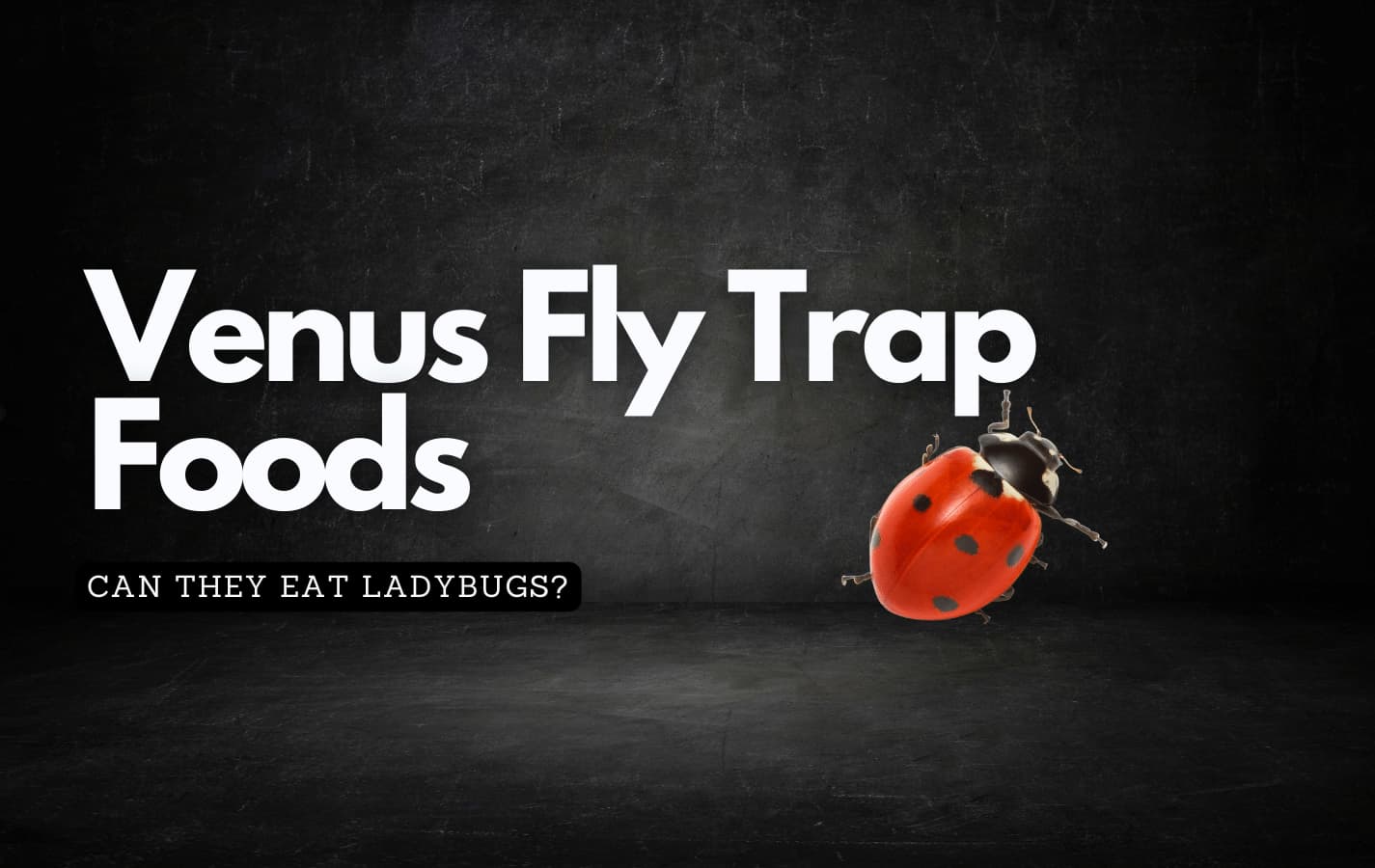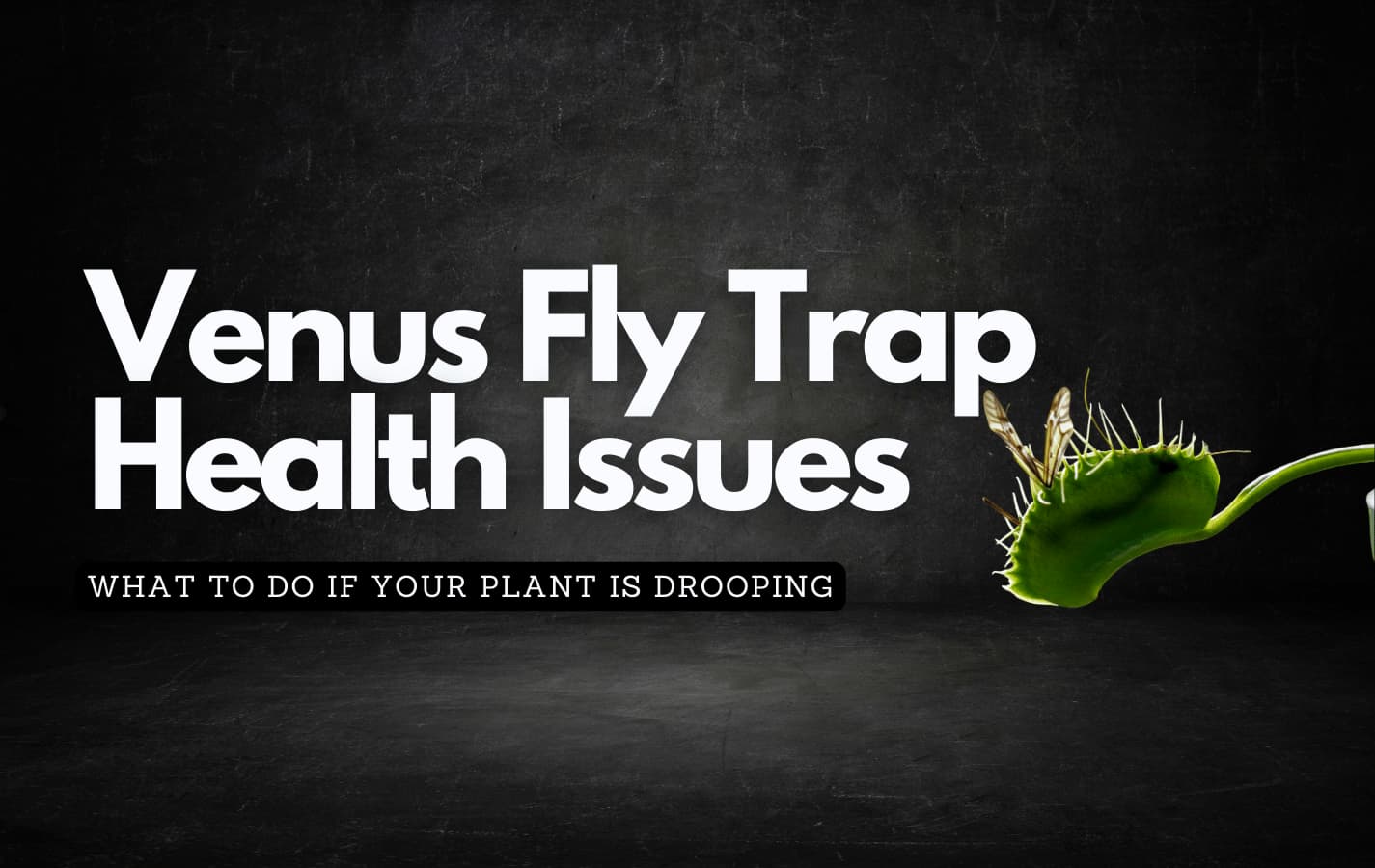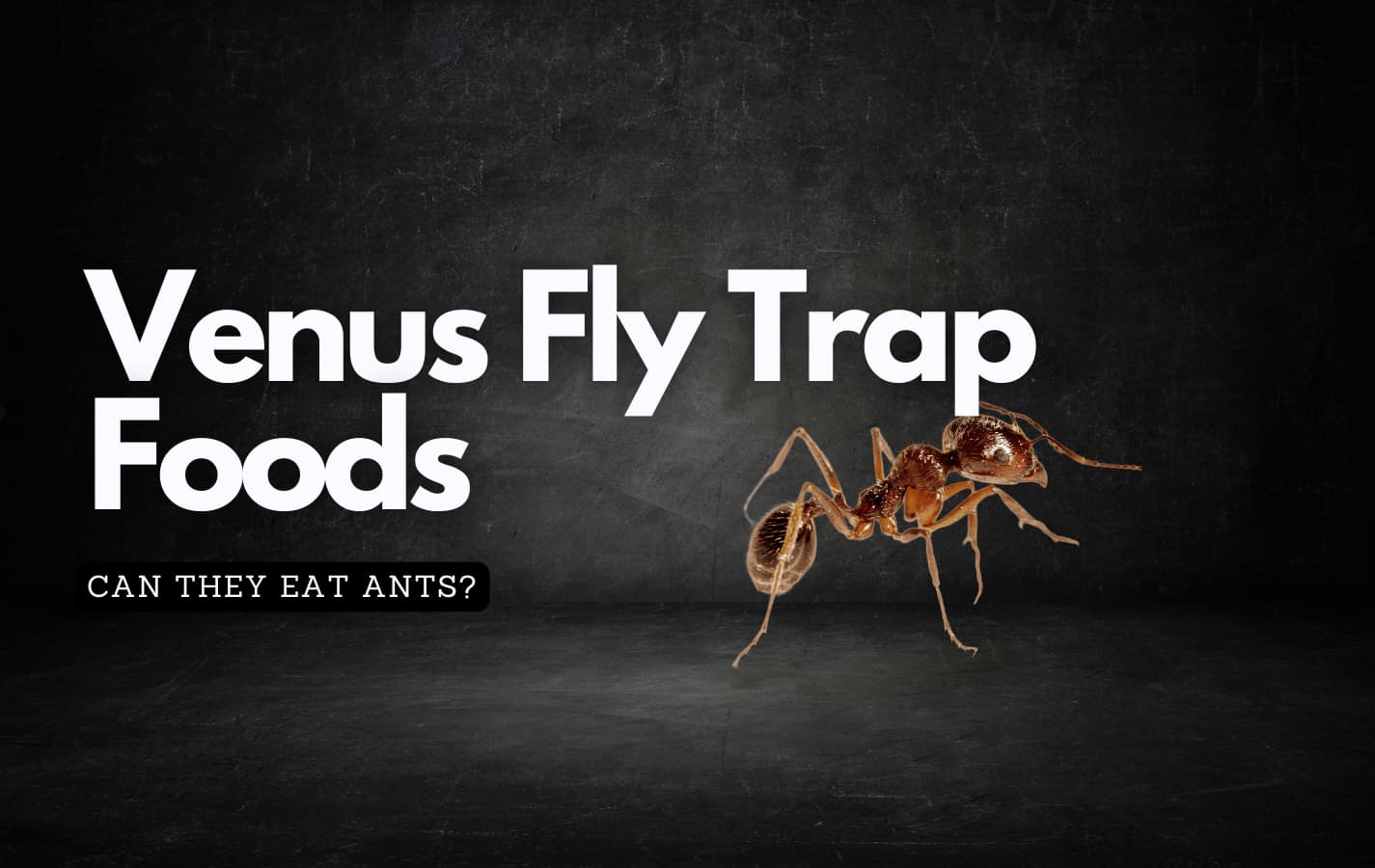Do Venus Fly Traps Eat Roaches? Learn the Facts Today
Have you ever wondered if Venus fly traps can consume roaches? These carnivorous plants are well-known for their ability to trap and digest insects, but what about larger prey like cockroaches? The Venus fly trap is a fascinating plant that has captured the attention of many nature lovers. With its unique mechanism of trapping and…
